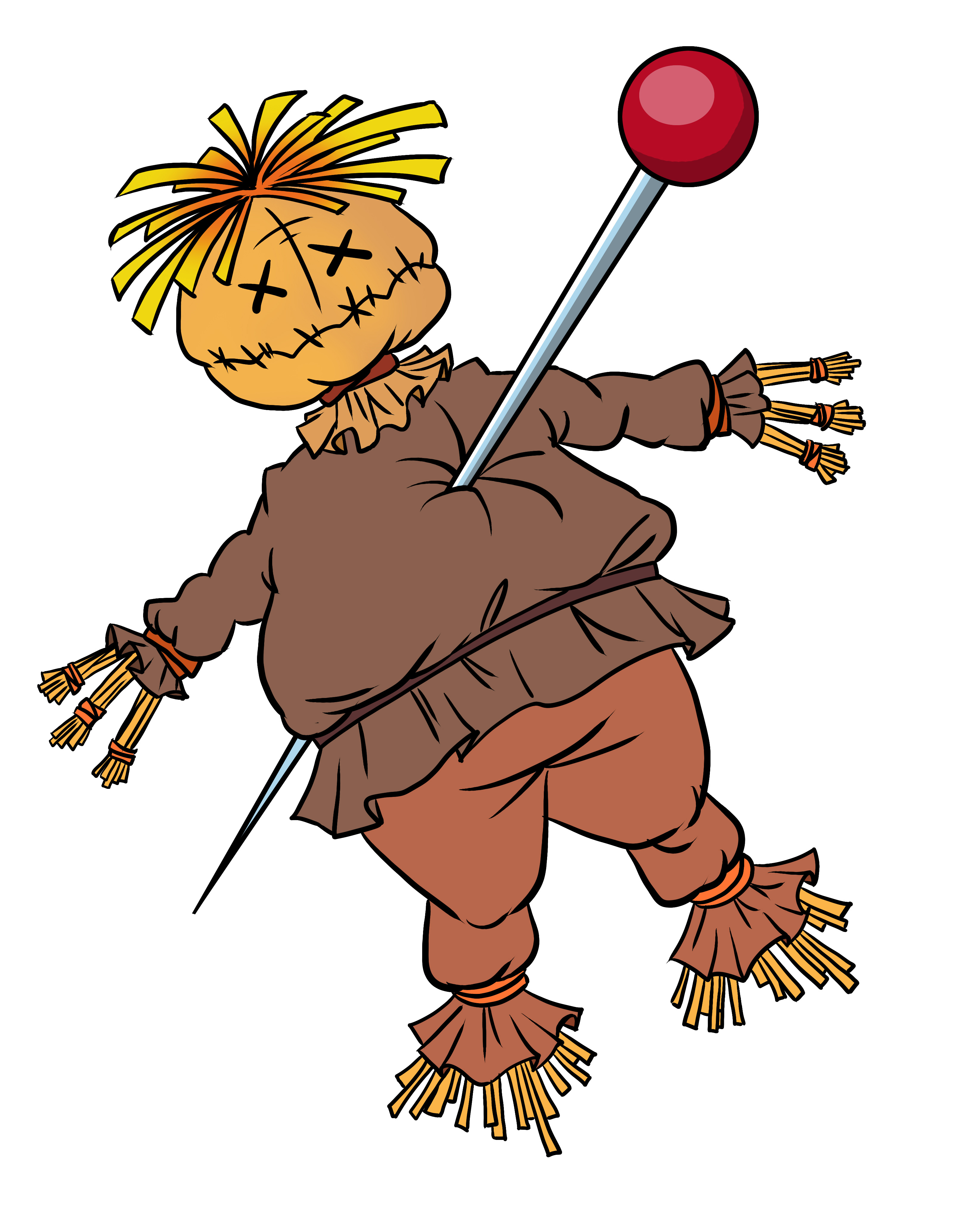Numbers 22:11–12, Dealing with curses from the enemy. Make no mistake about it, false prophets are neither the friends of YHVH nor his people. They are grievous wolves who hate YHVH’s people and want their total destruction.
For example, in verse 11 Balak asks Balaam to pronounce a mild curse (arah) on Israel that would result simply in their being driven away, not on their being destroyed. But then notice in verse 17 how Balak employs a much stronger Hebrew expression (kavah) to curse Israel implying their total destruction, thus indicating Balaam’s hatred for Israel (and his contempt for YHVH).
In verse 12, YHVH uses the milder term to let Balaam know that even the mildest curse would not prevail against his people (The ArtScroll Stone Edition Chumash, p. 858).
Do you walk so closely to YHVH in relationship with Yeshua and in his righteousness that you are protected from even the mildest curse directed at you from the enemy? Do you stay under the blood of Yeshua so that no spiritual darts of Satan can pierce your spiritual armor (Eph 6:16; Rev 12:11)? Do you take refuge perpetually under the shadow of the wings of the Almighty (Ps 91:1, 4)? How does the child of YHVH do this every day?
Proverbs 26:2 states, “As the bird by wandering, as the swallow by flying, so the curse causeless shall not come.” Do you have any “spiritual doors” open so that the Evil One has “legal” entrance into your life to attack you?
The solution to the problem is to repent by turning from sin and then turn to Yeshua! Obey his Word so that you do not open yourself up to the curses for disobedience as mentioned in Deuteronomy 28.







